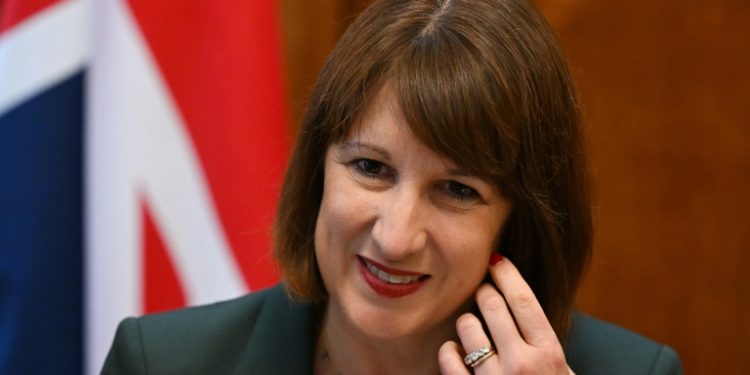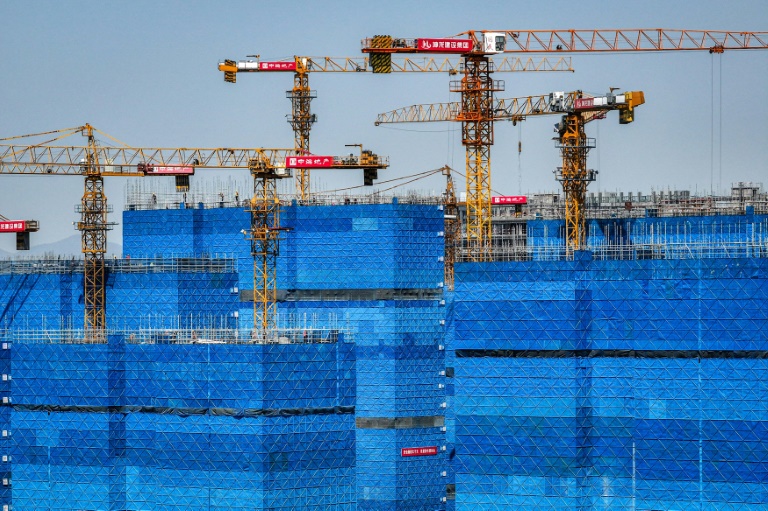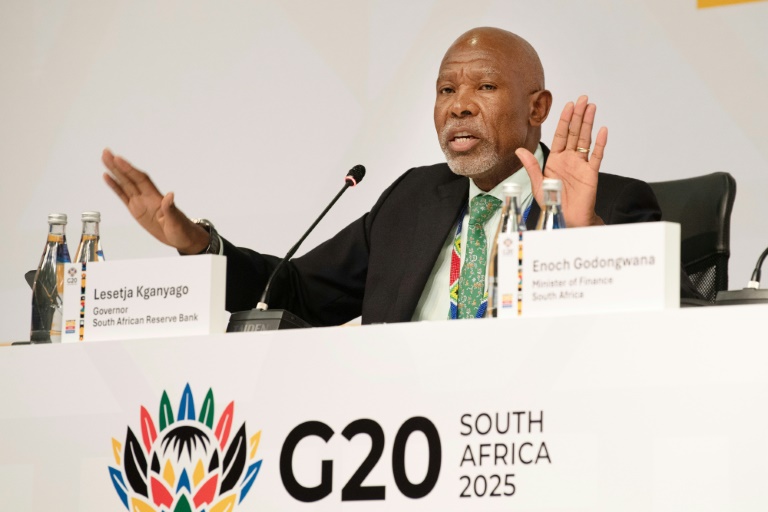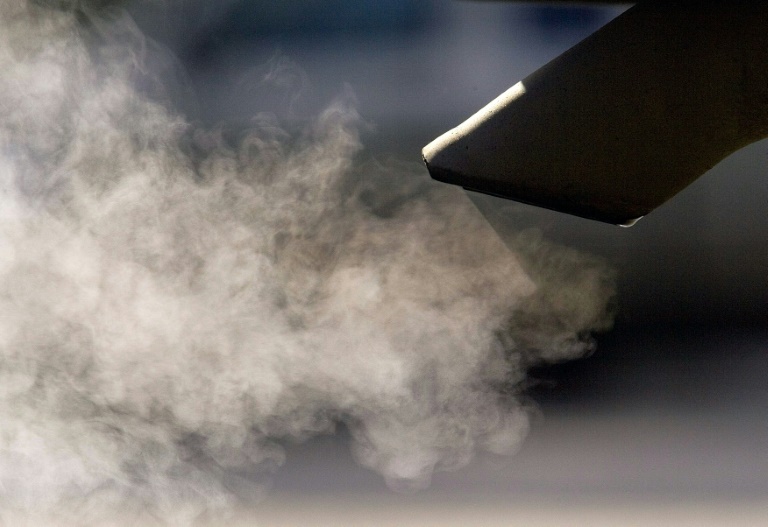London (AFP) – Britain’s new Labour government will announce next week that the country’s public finances have an additional hole of around £20 billion ($26 billion), risking tax rises in an upcoming budget, media reported on Friday. Finance minister Rachel Reeves will make a statement on Monday, having ordered Treasury officials to provide a spending audit following her centre-left party’s general election victory this month, the Financial Times and other UK media said Friday.
They added that Reeves, appointed chancellor of the exchequer by Labour leader and Prime Minister Keir Starmer, will also confirm that her first budget will be in October. The UK deficit — or difference between what the government receives in tax and what it spends — stood at around £120 billion in the 12 months to the end of March, the country’s last fiscal year. Since being elected, Labour has ruled out immediate rises to income and corporation taxes, but has not ruled out changes to levies on capital gains and inheritance, which analysts have said could be targeted to fill holes in the public finances.
Asked about the £20 billion figure, the Treasury said only: “The chancellor has commissioned officials to provide an assessment of the state of the government’s spending inheritance which will be presented to parliament before the summer recess.” Labour has vowed to improve the performance of public services, notably the National Health Service and schools, which will require heavy spending according to economists.
Earlier this week, the government launched its flagship green energy infrastructure plan that involves a multi-billion-pound partnership with the business arm of the royal family to develop offshore wind farms. Starmer has allocated £8.3 billion of public money over the next five years as Labour aims to meet Britain’s climate change targets. The government wants also to bring down the price of energy by reducing reliance on foreign imports of oil and gas.
Reeves, Britain’s first woman chancellor, has also unveiled plans for the mass building of homes in a bid to drive UK economic growth.
© 2024 AFP






















